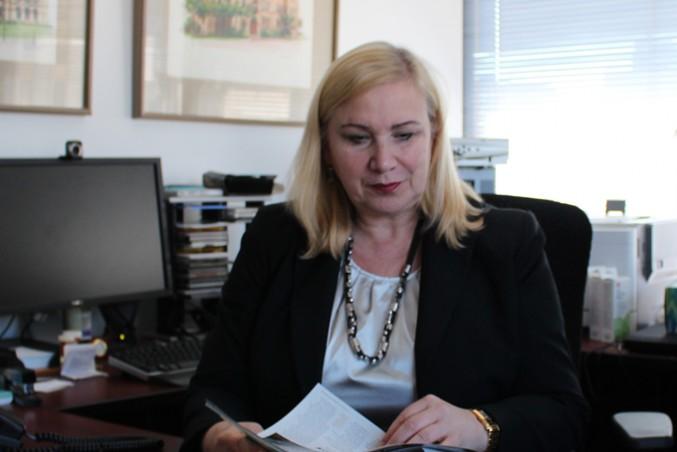By Behdad Mahichi
The photograph of three-year-old Alan Kurdi’s body that washed ashore on a Turkish beach prompted Canadians to rally for more action towards the Syrian refugee crisis — and now Ryerson is on the forefront of bolstering the efforts.
Back in July, the university announced its plans to aid Lifeline Syria, a Toronto-based initiative, in its goal towards helping 1,000 Syrian refugees settle into the GTA. The Ryerson Lifeline Syria Challenge aimed to help 44 refugees, but as of Sept. 12 has increased its goal to 100 due to a surge of sponsors and volunteers.
So far, more than 250 students and staff have registered for the Ryerson initiative. Eleven sponsorship teams have formed and over $270,000 has been raised in donations, according to a Lifeline Syria press release. President Sheldon Levy and vice president academic Mohamed Lachemi are amongst several staff members who have signed on as sponsor team leaders, each contributing $5,000 person-ally to support Syrian families. The estimated minimum cost to support a family for a year is $27,000.
“This is almost a perfect case study of how Ryerson is different than other institutions in our ability to respond quickly,” said Wendy Cukier, lead sponsor and vice-president of research and innovation at Ryerson.
However, Cukier explained that these Syrian families have yet to be selected, as the government does not have a list of refugees awaiting sponsorship.
“Right now the situation is we have a pool of sponsors anxious to sponsor families and our challenge is finding those families,” she said.
In January, the federal government announced a plan to accept 10,000 refugees from Syria over three years. Prime Minister Stephen Harper also said in August that if re-elected, another 10,000 Syrian and Iraqi refugees would enter Canada over four years. But only about 2,500 Syrian refugees have been admitted to date, which has sparked criticism over the government’s sense of urgency about the crisis.
Currently, the group estimates families will start arriving in eight to 12 months.
“Until we know that we can get families through the government, we’ve been reaching out to sponsorship agreement holders, many of which are churches, and trying to make arrangements,” said Cukier.
Cukier said the image of Alan Kurdi was the turning point and expects to see a change in resources amidst governmental pressure.
Meanwhile, student volunteers are focused on doing the ground-work for the families prior to their arrival, said volunteer coordinator and Ryerson PhD candidate Samantha Jackson.
“Moving to a new country is stressful enough, in addition to having to think about the small things like how to get a driver’s license, [or] which banks are very welcoming to newcomers,” said Jackson.
Volunteers are split into five different groups: health and wellness, finance, translation, citizen engagement and a welcome to Toronto group — each reflective of the programs that the students are in.
“Commerce students are researching how to get a credit card if you have no documentation or credit history in Canada,” she said. “Health and nursing students are looking into things like how to get an OHIP card when you get to Canada.”
Jackson noted that students from other institutions such as York University and the University of Toronto have also joined the initiative.
While other universities have programs to assist Syrian refugees as well, most of them focus on bringing students to their campus.
The University of Alberta announced a scholarship program that will cover the cost of tuition and living for 10 undergraduate or graduate Syrian students affected by the conflict.
The Ryerson Lifeline Syria Challenge has also incited other undisclosed schools to follow suit.
“[We’re] in discussion with six other universities and colleges that are looking to do something similar,” said Cukier.













Leave a Reply